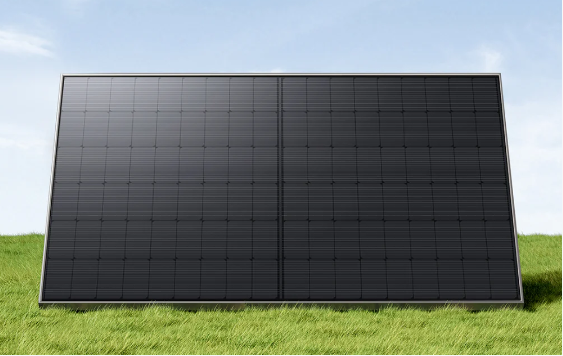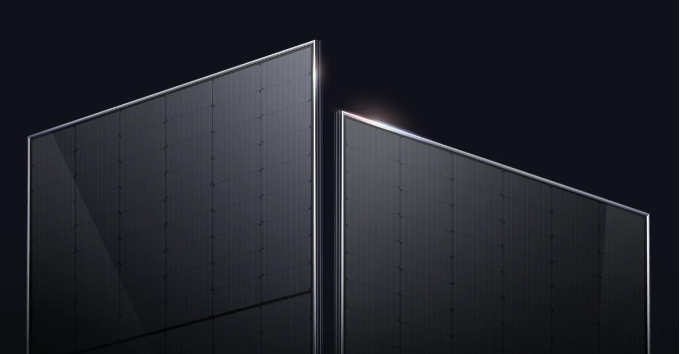Sustainable off-grid living is becoming increasingly popular as people seek to reduce their environmental impact and gain independence from traditional power sources. This lifestyle emphasizes self-sufficiency, environmental sustainability, and reduced dependence on fossil fuels. Solar energy plays a crucial role in making this lifestyle possible. In this article, let’s learn how solar energy supports sustainable off-grid living, highlighting its benefits and practical applications.

How Solar Energy Support Your Off-grid Living
Off-grid living entails separating from the conventional power grid and depending on renewable energy sources to supply electricity. Solar energy, being abundant and renewable, is a perfect match for off-grid living, providing a reliable and clean source of power.
Harnessing Solar Energy
The primary benefit of solar energy for off-grid living is its ability to generate electricity independently. Solar panels transform sunlight into electricity, which can be utilized to power homes, appliances, and various electronic devices. For those living off-grid, this means having a sustainable and continuous energy supply without relying on external power sources. By installing a sufficient number of solar panels or creating an 800 watt balcony power plant, off-grid residents can meet their daily energy needs while minimizing their carbon footprint.
Reducing Environmental Impact
Solar energy significantly reduces the environmental impact of off-grid living. Unlike fossil fuels, solar power does not produce greenhouse gas emissions or air pollutants, making it a clean and sustainable energy source. By relying on solar energy, off-grid residents can minimize their carbon footprint and contribute to mitigating climate change. This sustainable approach aligns with the core principles of off-grid living, promoting a healthier and more eco-friendly lifestyle.
Financial Benefits
Although the initial expense of installing a solar energy system can be considerable, the long-term financial advantages are substantial. Once in place, solar panels and batteries require minimal upkeep and incur low operational costs. Off-grid residents can save money on energy bills and avoid the rising costs of traditional electricity. Additionally, government incentives and tax credits for renewable energy installations can further offset the initial investment, making solar energy an economically viable option for sustainable living.
Independence and Resilience
Solar energy provides a high degree of independence and resilience for off-grid living. By generating their own electricity, off-grid residents are not affected by power outages, utility price hikes, or grid failures. This independence is especially valuable in remote areas where access to the power grid is limited or non-existent. Solar energy systems, combined with energy storage solutions, offer a reliable and self-sufficient power source, enhancing the resilience of off-grid communities.

Technological Advancements
Advancements in solar technology have made it more accessible and efficient for off-grid applications. Innovations such as flexible solar panels, solar shingles, and integrated energy management systems have expanded the possibilities for using solar energy in diverse environments. These technologies provide greater flexibility in installation and design, allowing off-grid residents to customize their solar energy systems to fit their specific needs and living conditions.
Practical Applications
Solar energy can power a wide range of applications in off-grid living. From basic household needs like lighting, heating, and cooling to more complex systems like water pumps, communication devices, and renewable energy-powered appliances, solar energy supports various aspects of daily life. By integrating solar energy into their homes, off-grid residents can achieve a high level of comfort and convenience while maintaining sustainability.
Conclusion
Solar energy is a cornerstone of sustainable off-grid living, offering a reliable, clean, and independent power source. By harnessing solar energy, off-grid residents can create a self-sufficient and environmentally friendly lifestyle. The financial, environmental, and practical benefits of solar energy make it an ideal choice for those seeking to live sustainably off the grid.
